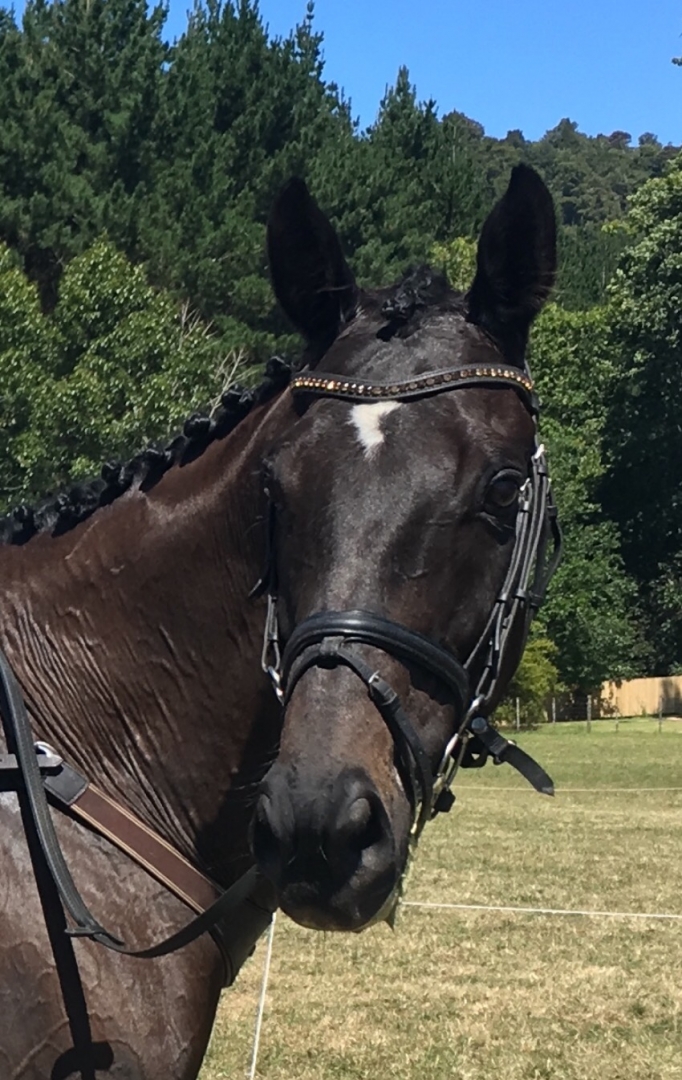
InFocus
All good horses at some stage in their lives get sold.
Chief -- Wed, 25-Oct-2017
All good horses at some stage in their lives get sold. Even Charisma was sold several times.
Often the very first question asked of the seller is, “Why are you selling?” It’s as if there must be something wrong or the horse/pony wouldn’t be for sale at all. Some top riders can’t even think about advertising under their own name because people will immediately be suspicious. A buyer will be thinking, ‘if it’s any good surely they’d be keeping it!’ This puts the seller on the back foot having to justify themselves and their decision to sell and then go all out to prove that there’s actually nothing wrong with their horse. And this is before anybody has even sat on the horse or shown that they are suitable and worthy of buying your special asset, maybe even your best friend.
It seems that there’s a bit of a culture whereby the seller stays on the back foot for the entire sale process and then they’re so relieved when a sale goes through that what is best for the horse can be overlooked.
It could be helpful to be reminded that the buyer does not hold all the cards. In fact, if you are genuine, your sale is genuine, your horse is genuine then you may need reminding that you as the seller are actually in the box seat. There are some things you can do to make the selling process much easier and I think the most crucial is don’t be in a hurry. Give yourself time and know the process could take some months. People do get lucky and often the right home comes along almost immediately upon advertising. But for others, it takes time. So give yourself time and plan for what lies ahead. And maybe most prudent of all is to not overload yourself with horses. Some people buy horses like they’re buying shoes, and I know this because I’m a serial horse shopper myself. Let’s face it, horse shopping is fun, but the down side is that probably sooner rather than later, you’ll find yourself overwhelmed with too many horses and the winter looming and then you’re in the realm of desperate to sell.
So here are a few tips to help you get organised and maybe even enjoy the selling process.
- Your horse should be fit and ready to show to potential buyers.
- Plan how you will best market your horse. Do some homework and determine what the current asking prices are for horses similar to yours. A realistic price will help your sale.
- Determine what situation you believe your horse will be best suited to but having done that, don’t be too rigid and then overlook a possibility for your horse that had never occurred to you. Remain open minded.
- Do listen to those inner voices, maybe telling you there’s something wrong here. If you feel that a home is not quite right, remember it is absolutely 100% your prerogative to refuse viewings. You are entitled to stand up for yourself and your horse and refuse to sell to anyone. I think up until the time someone has invested in a pre-purchase examination then you can take your horse off the market no matter how extensively you’ve advertised.
- If you’re advertising online, make sure your photos are of good quality (for goodness sakes do not use photos watermarked by the photographer and showing the world you haven’t purchased them) and quality videos are really helpful. If you’re advertising a young horse, a video of lunging, free jumping or showing lots of movement is beneficial.
- For higher valued horses to have a pre-purchase examination and report on hand is prudent and with x-rays too.
- Write a detailed description of your horse, outlining training, experience and competition records etc. Describe what you see as positive about your horse.
- If you are going to use an agent, it is advisable to have a written agreement. Even an email paper trail of what you and your agent have agreed to is better than nothing. But I would have a written agreement outlining what it is that you expect, given your personal requirements.
- Maybe predetermine what is the lowest price you would be comfortable with, and stick to it if possible.
- Most importantly, ask the possible purchaser to give you references. You can phone their vet, farrier, instructors.
When I was a child I was ambushed by a wealthy family into getting off my gorgeous first pony and selling her to them. A hundred years later and I still regret this. To this day, I can still well up about it. I learned from this that to take time when selling and to be organised is going to make the process much easier to deal with at the time and to live with afterwards.

